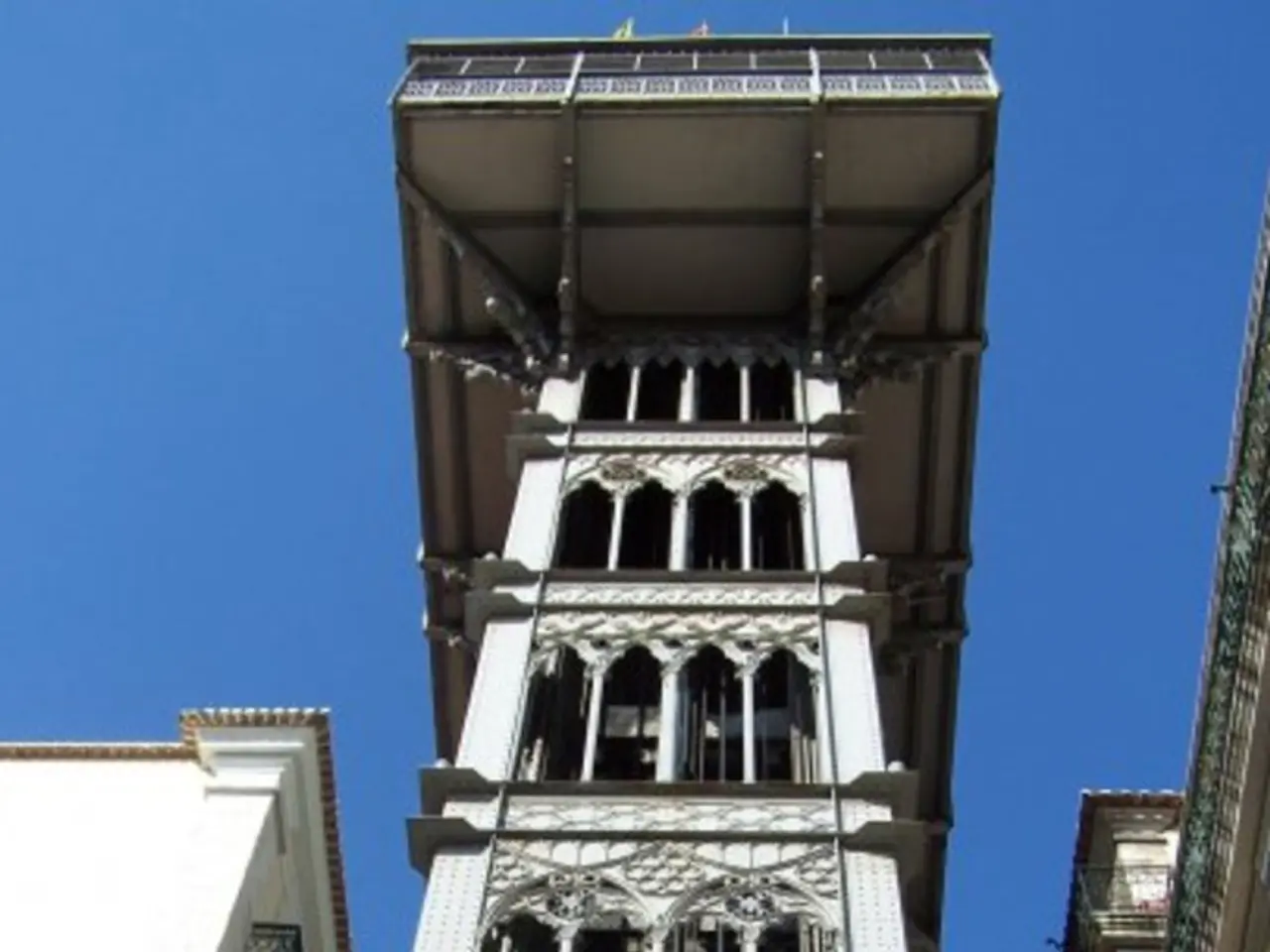Water predicament intensifies in Ibrahimpur district of Dhaka, locals relocating due to shortage
In the heart of Dhaka, the bustling neighbourhood of Ibrahimpur is facing a severe water crisis that has left residents struggling to meet their daily needs. The shortage, affecting several neighbourhoods including Poolpar, Habibullah Road, Geda Madbor Road, Sonali Bank Road, Eidgah Road, and Ibrahimpur Bazaar, has made day-to-day life unbearable for many.
The crisis has forced schools such as Darul Qur'an Cadet Madrasa to suspend afternoon classes, and some families have been forced to relocate due to the severity of the shortage. Daily life, including on Kamal Khan Road, has become "unlivable" as residents are left with only a few hours of water supply at night from the Dhaka Water Supply and Sewerage Authority (WASA).
WASA, the official water supplier, is currently providing a limited and irregular night-time water supply, which is inadequate for normal daily needs. No substantial or large-scale infrastructural improvements or alternative water sources have been reported as being implemented or planned. The crisis has caused schools to suspend activities temporarily, highlighting a lack of proper mitigation measures during the emergency.
There is no clear evidence of government or local authorities proposing or executing emergency water provision schemes such as tanker water distributions or developing new water infrastructure specifically targeted for Ibrahimpur in recent reports. Some residents are forced to buy bottled water or collect groundwater manually, increasing the financial burden on affected households.
Some homeowners have installed deep tube wells to access water, resulting in a significant increase in their water bills. The water crisis in Ibrahimpur is attributed to declining groundwater levels, with the current level at 98 meters below the surface. The Dhaka Wasa is supplying water from the Gandhabpur Water Treatment Plant to ease the crisis, but it seems the situation is far from resolved.
The situation has led to a surge in "To-Let" signs on buildings along Kamal Khan Road, with at least 15 families having moved away in the past two months. Building caretakers and homeowners have reported tenants moving out en masse due to the water crisis. A permanent solution to the water crisis will require one to two years, as new pump installations and expansion of surface water supply lines are necessary.
The Dhaka Water Supply and Sewerage Authority (Wasa) acknowledges the water crisis in Ibrahimpur, with around 10,000 holdings housing several thousand families in the area. The urgency of the situation calls for sustainable infrastructure expansion, groundwater management, and emergency relief initiatives to resolve this crisis and alleviate the hardship faced by the residents.
[1] The Daily Star, "Water crisis worsens in Ibrahimpur", 2022. [2] The Financial Express, "Ibrahimpur water crisis: WASA to supply water from Gandhabpur plant", 2022. [3] Prothom Alo, "Ibrahimpur water crisis: Residents forced to buy bottled water", 2022. [4] The Independent, "Ibrahimpur water crisis: Residents struggle with water shortage", 2022. [5] The New Age, "Ibrahimpur water crisis: Families forced to leave homes", 2022.
[1] The water crisis in Ibrahimpur, a bustling neighborhood in Dhaka, has brought to light the dire need for immediate environmental-science policies and long-term infrastructural improvements to address climate-change effects on the city's water resources.
[2] As the water crisis in Ibrahimpur persists, local authorities and the government must prioritize policy-and-legislation action, involving the collaboration of experts in environmental-science, to implement emergency relief and long-term solutions.
[3] The water crisis in Ibrahimpur, reflecting the broader issue of climate-change, underscores the significance of addressing environmental challenges through collaborative efforts in politics, science, and general-news media to ensure a sustainable future for all.






